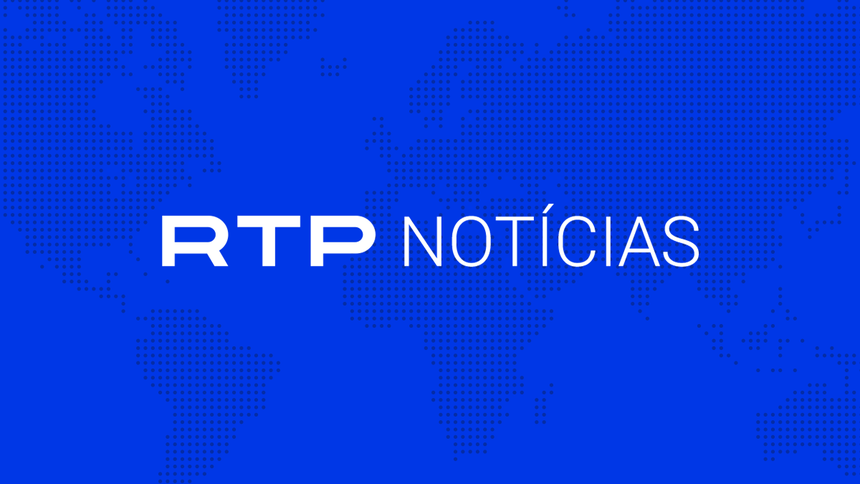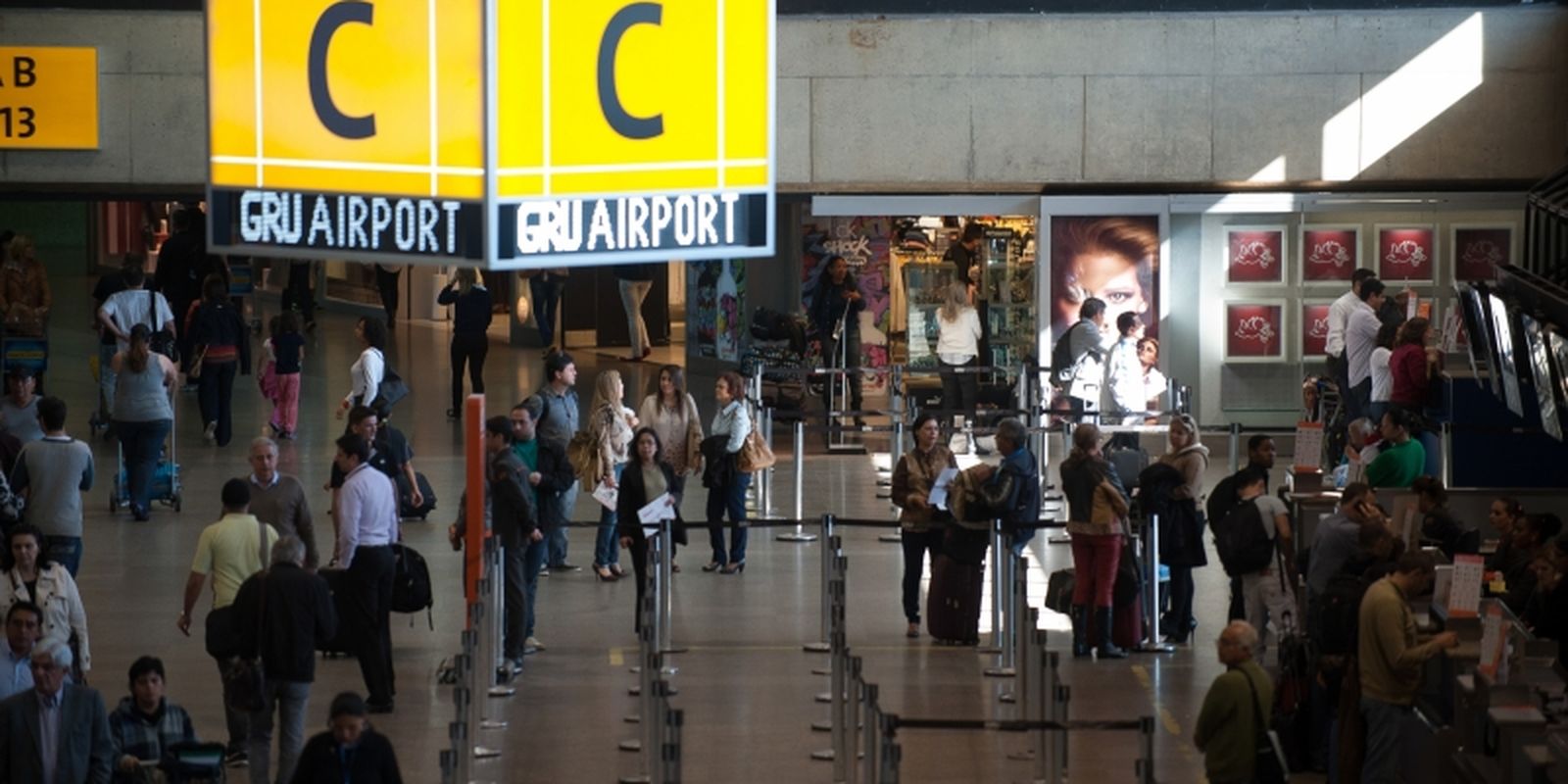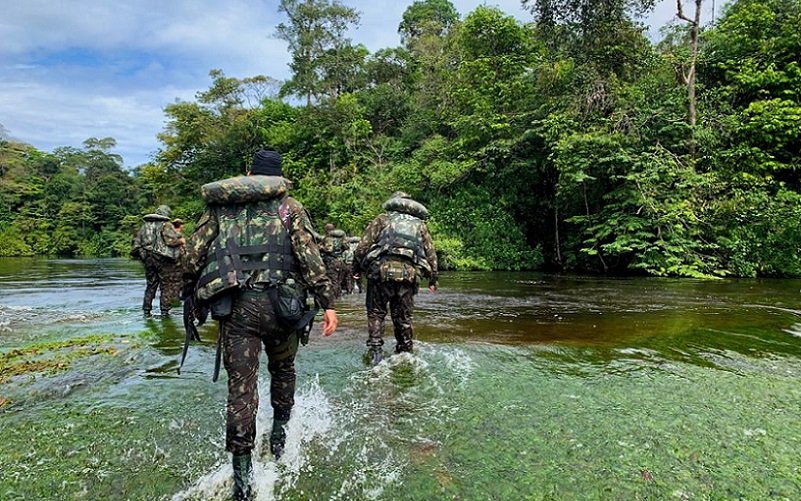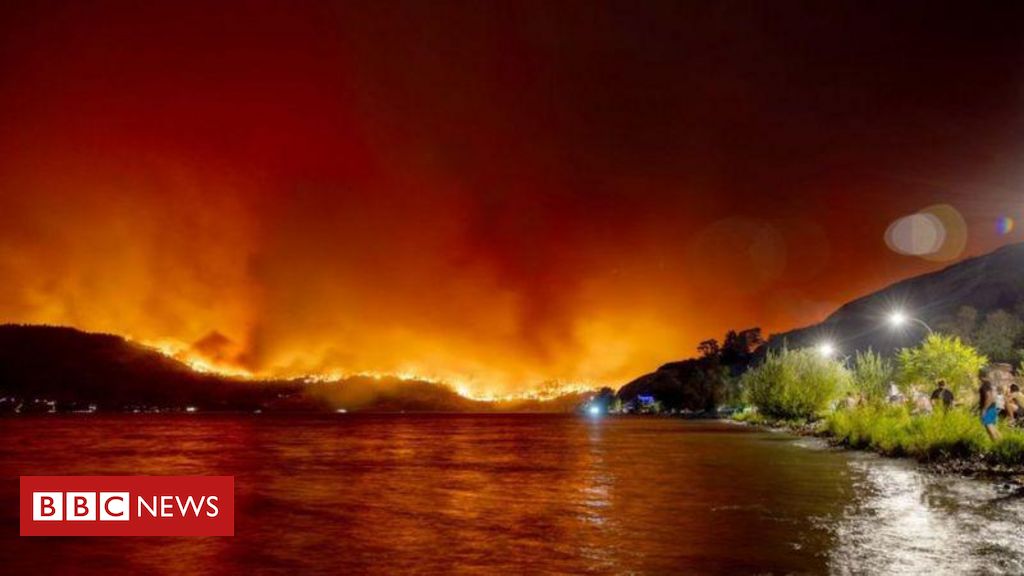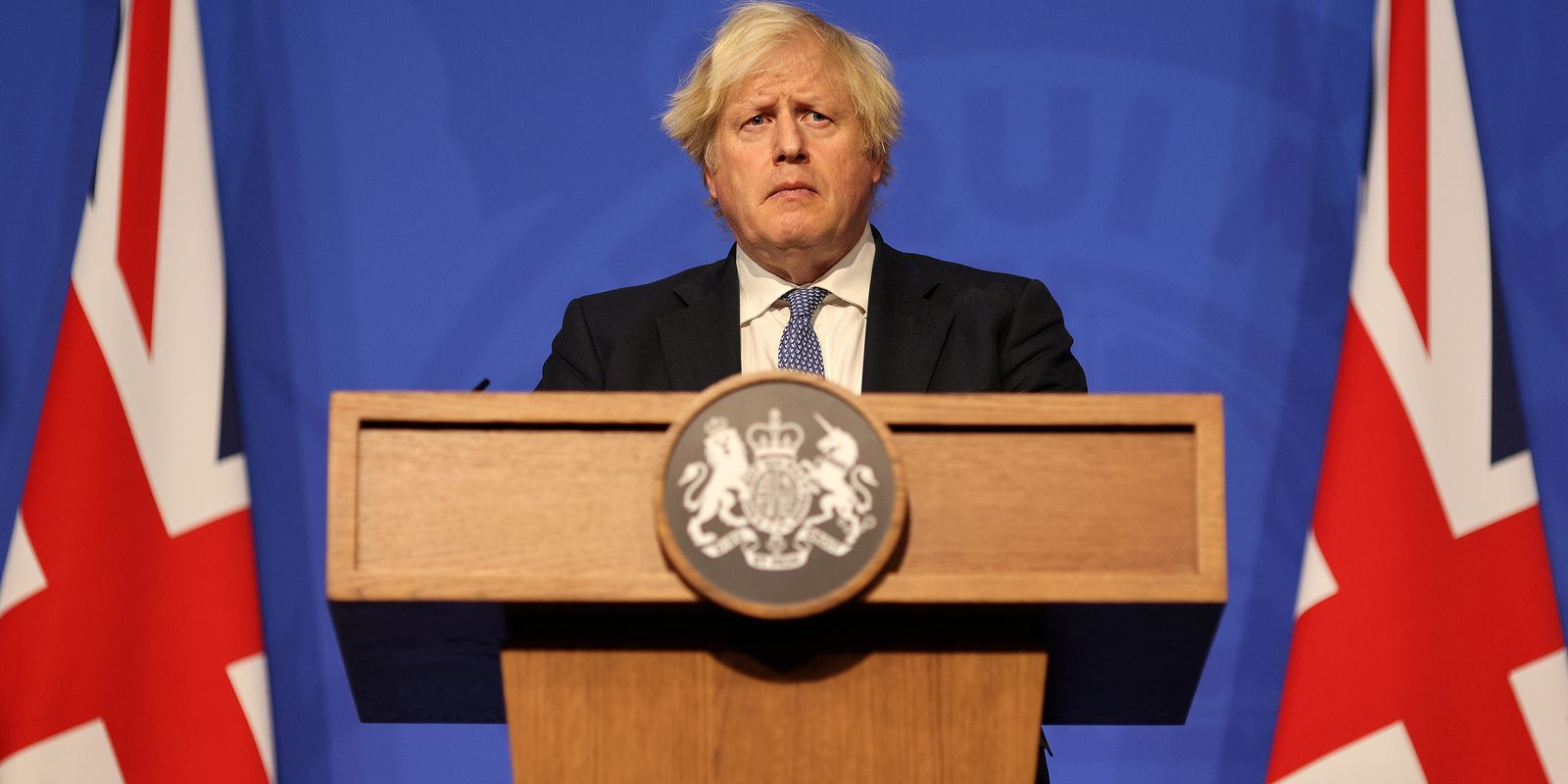“We must [os governantes africanos] put a lot of emphasis on improving justice, [tornando-a] closer to people, [garantir] an independent, irremovable and accountable judiciary, but with control, and control extended to the control of citizens,” Trovoada said, speaking at a conference on democracy in Africa, held in Lisbon.
“The law establishes a general legal framework, but when it comes to the interpretation of the law, then we see a political dimension which is very delicate,” said the head of government of São Tomé and Príncipe.
The declarations of Patrice Trovoada were made the day after the indictment, within the legal deadlines, by the São Tomé prosecutor’s office of the people accused in the case of the assault on the headquarters of the country’s Armed Forces on November 25.
The indictment before the prescription, this Saturday, of the preventive detention of the defendants, detained for almost three months, was welcomed by the president of São Tomé, Carlos Vila Nova, who said he hoped for a “complete clarification” of the case. .
Speaking on the sidelines of the conference, Trovoada had already underlined the fact that the prosecution had confirmed the coup attempt.
Regarding the shelving, for lack of evidence given the “initial suspicions”, of the charges brought against seven defendants, including the former president of the National Assembly of São Tomé, the Prime Minister declared: “Delfim Neves, as all São Toméans must recognize that Justice is independent, that there is no government interference in justice matters and that the rigor of the law, in such a serious case, has caused certain allegations have not reached the quality required to go to court”, allowing Delfim Neves “to benefit from the archive”.
“Unfortunately, four important witnesses have passed away, and we have to comply and respect justice and things are like that, and that’s good,” he said, saying he was “grateful” for the justice system of São Tomé and Príncipe, and the Public Prosecutor’s Office, having “given guarantees to all [de que]when there is a doubt, it is normal for the defendant to benefit from the doubt”.
During the conference “Democracy in Africa”, promoted by the International Democratic Center (IDC), Trovoada again developed the importance of the proper functioning of Justice, suggesting some mechanisms to achieve this objective, for example, within the framework forensic inspections.
“We believe it is essential and we are trying in São Tomé and Príncipe that inspection at the level of justice be international and that the college of inspectors be made up not only of national magistrates, but also of foreign magistrates”, a- he declared.
Subsequently, the Head of Government of São Tomé recalled that African governments, “when they need to carry out reforms” generally need “international support, whether political or financial, which translates by conditionalism.
This “conditionalism”, Trovoada suggested to the West, should evolve from a model that “passes through the holding of elections in order to have official development assistance [APD]to another linked to the “quality of justice”.
“I think that today we should condition ODA on the quality of justice in each of our countries”, he pleaded.
And to continue: “It would make it possible to force progress in the field of justice, which is not only a question of elections, but of contracts, of commercial relations, fundamentally of people.”
“If indeed justice manages to touch each one of us in our lives and in our activities, I am convinced that we will be able to solve the fundamental problem which plagues Africa, which is the problem of poverty”, he said. added.
“More legal certainty [favorece] better companies, better citizens, who pay their taxes, better transparency in the management of public affairs and more happiness for our people,” suggested Patrice Trovoada.
At the end of the conference, the conference approved and signed a document called “Lisbon Declaration”, in which it underlines the existence in African countries of “many situations” “unacceptable”, which “should not be tolerated “or” satisfied in a non-transparent and irregular manner, because they represent a high risk for the whole of the African continent and for the security of its citizens”.
In view of this observation, IDC Africa has created a “working group for the defense of state security, democracy and fundamental freedoms in Africa, with the aim of independently observing” and carrying out “monitoring and correction of the multiple and various irregularities and arbitrary acts committed that violate the rule of law, human rights and other universal laws”.

“Freelance communicator. Hardcore web practitioner. Entrepreneur. Total student. Beer ninja.”

